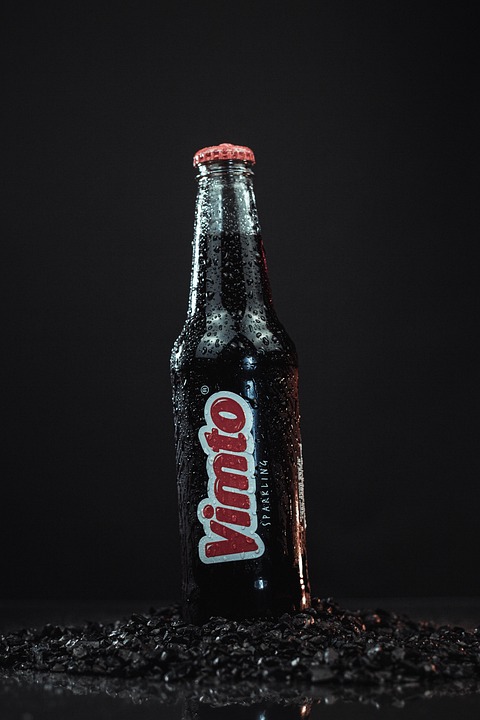Introduction
Soft drinks have long been a popular choice for consumers looking for a refreshing beverage to quench their thirst. However, in recent years, the sugar content in these drinks has come under increasing scrutiny. As concerns about obesity, diabetes, and other health issues related to sugar consumption have grown, both consumers and health authorities have called for reformulation of soft drinks to reduce their sugar content.
Factors Driving Scrutiny on Sugar Content in Soft Drinks
Health Concerns
One of the primary reasons why sugar content in soft drinks is facing growing scrutiny is the increasing awareness of the negative health impacts of consuming too much sugar. High sugar intake has been linked to obesity, type 2 diabetes, heart disease, and other health issues. As a result, health authorities around the world have been pushing for reduced sugar consumption, and soft drinks have become a major target due to their high sugar content.
Regulatory Pressure
In response to the growing concerns about sugar consumption, many governments have implemented or are considering implementing regulations to limit the amount of sugar in soft drinks. For example, in 2018, the UK government introduced a sugar tax on soft drinks with high sugar content. This has put pressure on soft drink manufacturers to reformulate their products to avoid the tax and comply with regulatory requirements.
Consumer Demand for Healthier Options
Consumers are becoming more health-conscious and are increasingly seeking out healthier beverage options. As a result, there is a growing demand for low-sugar or sugar-free alternatives to traditional soft drinks. This shift in consumer preferences has forced soft drink companies to reevaluate their product offerings and develop new formulations that are lower in sugar.
Impact on Soft Drink Industry
Financial Implications
The push for reformulation of soft drinks to reduce sugar content has significant financial implications for the industry. Reformulating products can be costly, as it may require changes to ingredients, production processes, and packaging. Additionally, there is a risk that consumers may not respond positively to new formulations, leading to decreased sales and revenue for soft drink companies.
Competitive Landscape
The scrutiny on sugar content in soft drinks has also impacted the competitive landscape of the industry. Companies that are able to successfully reformulate their products to meet consumer demand for lower-sugar options stand to gain a competitive advantage. On the other hand, companies that fail to adapt to changing consumer preferences may lose market share to competitors that offer healthier alternatives.
Innovation and Product Development
The pressure to reduce sugar content in soft drinks has spurred innovation and product development within the industry. Soft drink companies are investing in research and development to create new formulations that are lower in sugar but still appealing to consumers. This has led to the introduction of a variety of new products, such as low-sugar sodas, flavored water, and natural fruit drinks.
Conclusion
The scrutiny on sugar content in soft drinks is a reflection of changing consumer preferences and growing concerns about health and wellness. Soft drink companies are facing increasing pressure to reformulate their products to reduce sugar content and offer healthier options to consumers. While this presents challenges for the industry, it also provides opportunities for companies to innovate and differentiate themselves in a competitive market. By responding to consumer demand for lower-sugar alternatives, soft drink companies can position themselves for long-term success in an evolving industry landscape.




